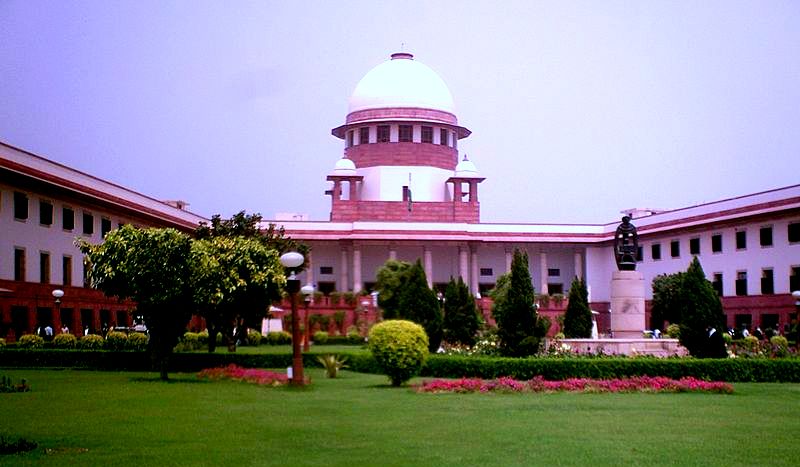Ravi Shankar Prasad in his address to a group of judges of the SC stated that they should not ‘interfere’ with the working of the state. He exerted that the judiciary should ‘maintain restraint’ when it has to interfere in issues of the nation’s policies and mode of governance. The SC countered the words of Shankar by claiming that what exactly must a court do if the governance and the citizen’s rights are violated due to government’s actions?
The Law Minister had also exerted that “the founding fathers always wanted governance must be left to those elected to govern by the people of India” to which the apex court expressed its displeasure.
Under the National Urban Livelihood Mission, the government is supposed to provide shelter and a proper lifestyle along with living conditions for the poor to sustain themselves and the SC was hearing a PIL on the same issue. In a report submitted to the court, the central government said that many states are ‘…yet to form a committee to look into the implementation of the Deendayal Antyodaya Yojana-National Urban Livelihood Mission…’. the report also said that regular meetings and panels to discuss issues and follow-ups were also not conducted.
“We have been told that governance is for the government and not for the courts. If there is no governance, we cannot do anything,” a bench headed by Justice Madan B Lokur said without directly referring to the statement of the Law Minister.
A meeting of the committee took place and many state governments failed to file the status reports. Prashant Bhushan has pleaded the bench to ‘crack the whip’ and take ‘punitive measures’ against the authorities who were involved and concerned with the issue. The court, however, refrained from passing such averse order for the time being and asked the centre to compile data on the state’s progress and the grounds on which states failed to comply with its direction.
Earlier, the court had expressed its shock at the failure of states to effectively implement welfare schemes despite spending thousands of crores of rupees which they received as funds.

